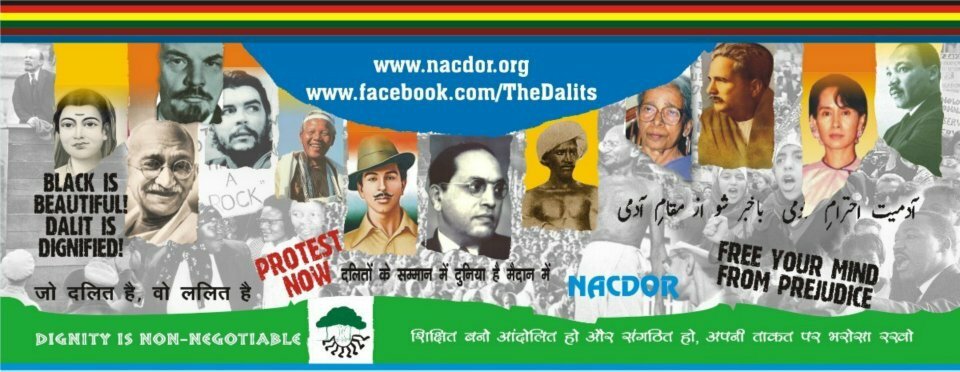Caste Discrimination
Discrimination implies holding prejudiced behaviour against any particular individual(s) because of her/his caste location through upholding the regressive, unequal and undemocratic characteristics of caste. Caste discrimination does not affect only particular individuals, but the whole community where the individual comes from. Caste discrimination is exclusionary in nature and actively opposes inclusion and promotion of the discriminated at all levels. Caste discrimination strongly believes in the concept of born superiority and inferiority. This behaviour of the upper caste against lower caste is upheld in order to maintain the status-quo in their favour.
Discrimination can be latent, manifest, open or subtle. It is in mind and conscience. It is a mind-set that operates within a given situation. It is felt and experienced and has manifold implications. Discrimination goes against universally accepted values of human rights, democracy and citizenship enshrined in our Constitution. The Constitution of India provides for positive discrimination as a compensatory measure in order to do away with the historical wrongs committed against the Scheduled Castes and Scheduled Tribes. However, the institution and practices built upon the caste system have repeatedly proved to be a stumbling block for lower castes/tribes to achieve the constitutional principles as well as other democratic and citizenship rights.

